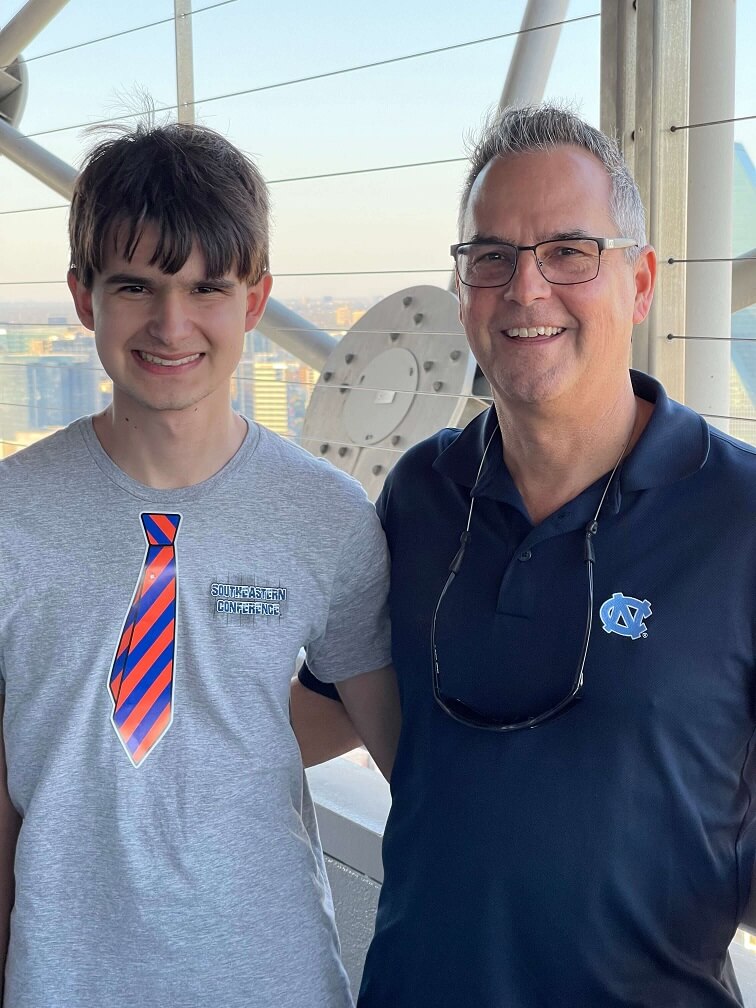
Bart Barta
Bart Barta is the proud father of Daniel, an adult with autism. When Daniel was diagnosed with autism at age three, Bart recognized there was a need for autism training for law enforcement officers so individuals with autism and law enforcement officers could remain safe. In 2007, he began instructing law enforcement officers on recognizing and appropriately responding to individuals with autism. Bart teaches from the dual perspective of being a law enforcement officer and the parent of a child with autism. He understands many of the challenges faced by the autism community and the law enforcement community.
Bart is a retired law enforcement commander with over 31 years of experience. He is also a Florida Department of Law Enforcement (FDLE) certified law enforcement instructor who has trained more than 12,000 first responders nationwide to interact with people with autism successfully. Bart is recognized as a subject matter expert in autism and law enforcement contacts, and in 2017, he contributed to the development of autism curriculum for officers in the state of Florida.
For over ten years, Bart was an instructor for the Crisis Intervention Team (CIT) Training Program for Florida’s Eleventh Circuit Court’s Mental Health Project. He is also a former SWAT and Crisis Management Team (Hostage Negations) Commander.
Bart’s last assignment as a law enforcement officer was serving as the commander of the Coral Gables Police Department’s Criminal Investigations Division, where he was responsible for managing the investigation of all violent and non-violent crimes.
For six years, Bart served as a member of the University of Miami – Nova Southeastern University’s Center for Autism and Related Disabilities (CARD) Constituency Board. Bart has authored several articles about autism and law enforcement contacts.
Bart and his wife, Caroline, currently manage Autism Safety 101, Inc. Their
mission is to provide first responders with the tools and tactics they need to achieve best outcomes when interacting with citizens on the autism spectrum and to help individuals with autism live and work safely in their communities.

| Course Name | Date | Location | Deadline |
|---|---|---|---|
| Autism and the Law Enforcement Response | Jun. 2 | Urbana | May 19 |